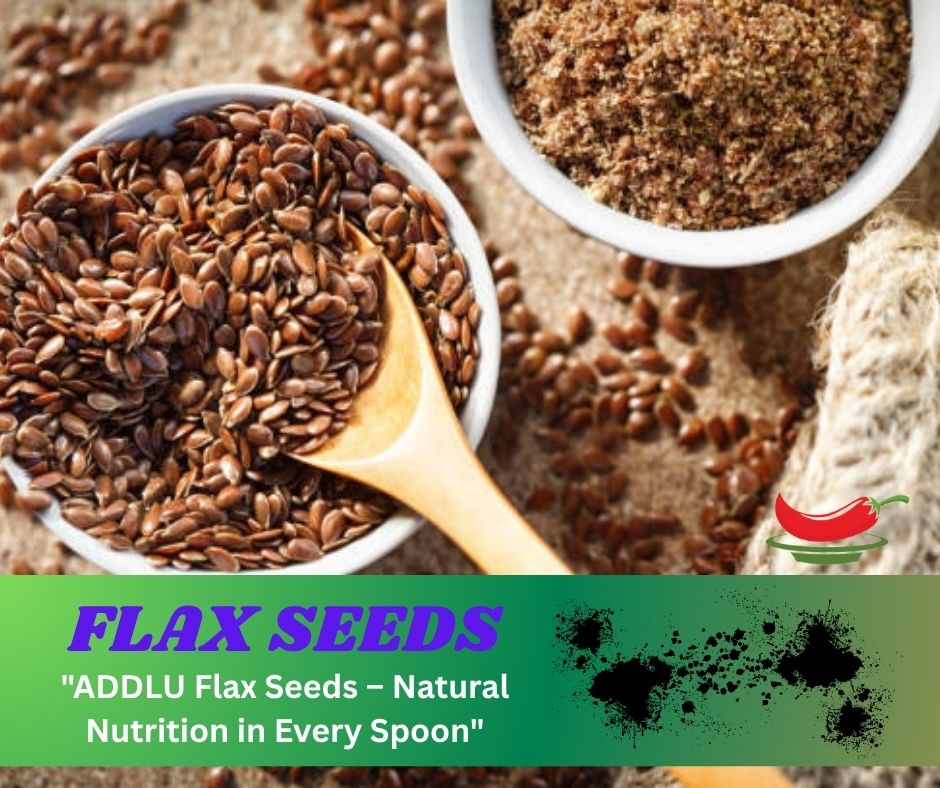
Flax Seeds – Nature’s Superfood for Health & Wellness
Flax seeds, also known as Alsi or Linum Usitatissimum, are one of the oldest cultivated superfoods in the world, treasured for their exceptional nutritional value and countless health benefits. These tiny, glossy, golden-brown seeds pack an incredible amount of nutrients, making them a staple in modern healthy diets. Often referred to as a “functional food,” flax seeds are loaded with omega-3 fatty acids, dietary fiber, lignans (plant compounds with antioxidant properties), and high-quality plant-based protein.

Nutritional Powerhouse
- Rich in Omega-3s: Flax seeds are one of the best plant-based sources of alpha-linolenic acid (ALA), an essential omega-3 fatty acid known to support heart health and reduce inflammation.
- High in Dietary Fiber: Both soluble and insoluble fiber in flax seeds aid digestion, improve gut health, and help regulate blood sugar levels.
- Plant-Based Protein: A great protein source for vegetarians and vegans, helping in muscle building and repair.
- Packed with Lignans: Flax seeds contain more lignans than any other plant food, which may help in balancing hormones and providing protection against certain cancers.
- Loaded with Vitamins & Minerals: They are a natural source of magnesium, phosphorus, selenium, and vitamin B1.
Health Benefits of Flax Seeds
- Supports Heart Health – Regular consumption may help reduce cholesterol levels, blood pressure, and improve overall cardiovascular health.
- Aids Digestion – The high fiber content promotes bowel regularity and a healthy digestive system.
- Weight Management – Keeps you fuller for longer, reducing cravings and supporting weight control.
- Improves Skin & Hair – Omega-3s and antioxidants help maintain glowing skin and strong, shiny hair.
- Balances Hormones – Especially beneficial for women, flax seeds may reduce symptoms of menopause and support hormonal balance.
- Regulates Blood Sugar – Helps in maintaining stable blood sugar levels, making it a good addition for people with diabetes.
Versatile Uses in Everyday Diethttps://en.wikipedia.org/wiki/Flax
Flax seeds can be enjoyed in many ways—whole, ground, or as cold-pressed flaxseed oil. Ground flax seeds are easier to digest and ensure better nutrient absorption. They can be added to:
- Smoothies and shakes
- Breakfast cereals and oatmeal
- Baked goods like bread, muffins, and cookies
- Salads, soups, and yogurt
- Homemade energy bars and granola
Why Choose Flax Seeds?https://addluspices.com/product/flax-seeds
Flax seeds are a natural, plant-based, and nutrient-rich supplement that can be easily included in your daily routine. Whether you are looking to support heart health, boost energy, improve digestion, or enhance skin and hair, flax seeds are a wholesome and affordable way to achieve better health naturally.
HOW TO USE
- Raw & Whole
- Can be eaten directly as a crunchy snack.
- However, whole seeds may pass undigested, so grinding is recommended for better nutrient absorption.
- Ground Flax Seeds (Best Way)
- Grind flax seeds into a fine powder and add them to:
- Smoothies & protein shakes
- Oatmeal, porridge, or breakfast cereals
- Rotis, parathas, bread dough, or baked goods
- Yogurt, salads, soups, or curries
- Grind flax seeds into a fine powder and add them to:
- Flax Seed Water / Gel
- Soak 1 tbsp flax seeds in a glass of warm water overnight and drink in the morning for digestion & weight loss.
- Boil flax seeds in water until it forms a gel-like consistency; can be used as a natural egg substitute in baking.
- Flax Seed Oil
- Use cold-pressed flaxseed oil as a salad dressing or drizzle over cooked dishes.
- Not suitable for frying as heat destroys nutrients.
- Egg Substitute for Baking (Vegan Option)
- Mix 1 tbsp ground flax seed + 3 tbsp water, let sit for 5 minutes.
- Works as a binding agent, replacing one egg in cakes, muffins, or cookies.
- Daily Recommended Amount
- 1–2 tablespoons of flax seeds (ground) per day is enough for most adults.
⚠️ Tips & Precautions
- Always drink enough water when consuming flax seeds, as they are high in fiber.
- Start with small amounts if you are new to flax seeds.
- Pregnant or breastfeeding women should consult a doctor before high consumption.

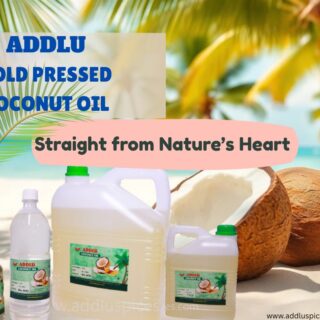


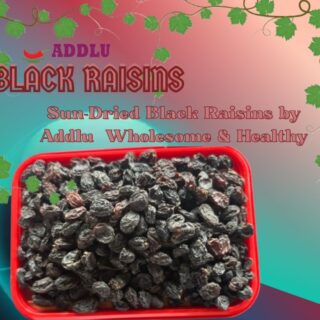
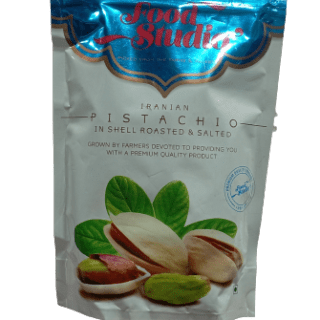

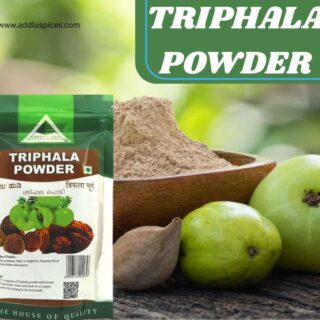
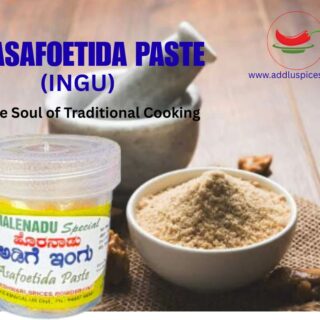
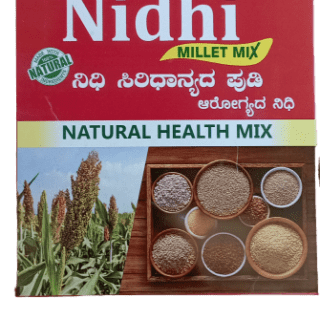
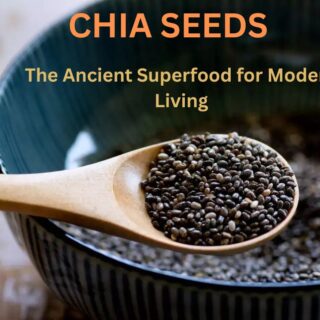
Leave a Reply